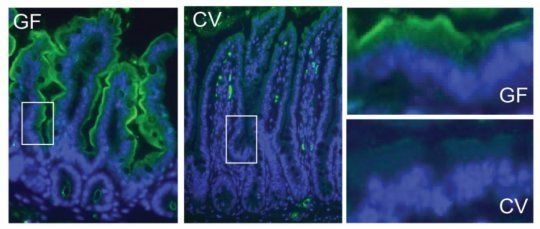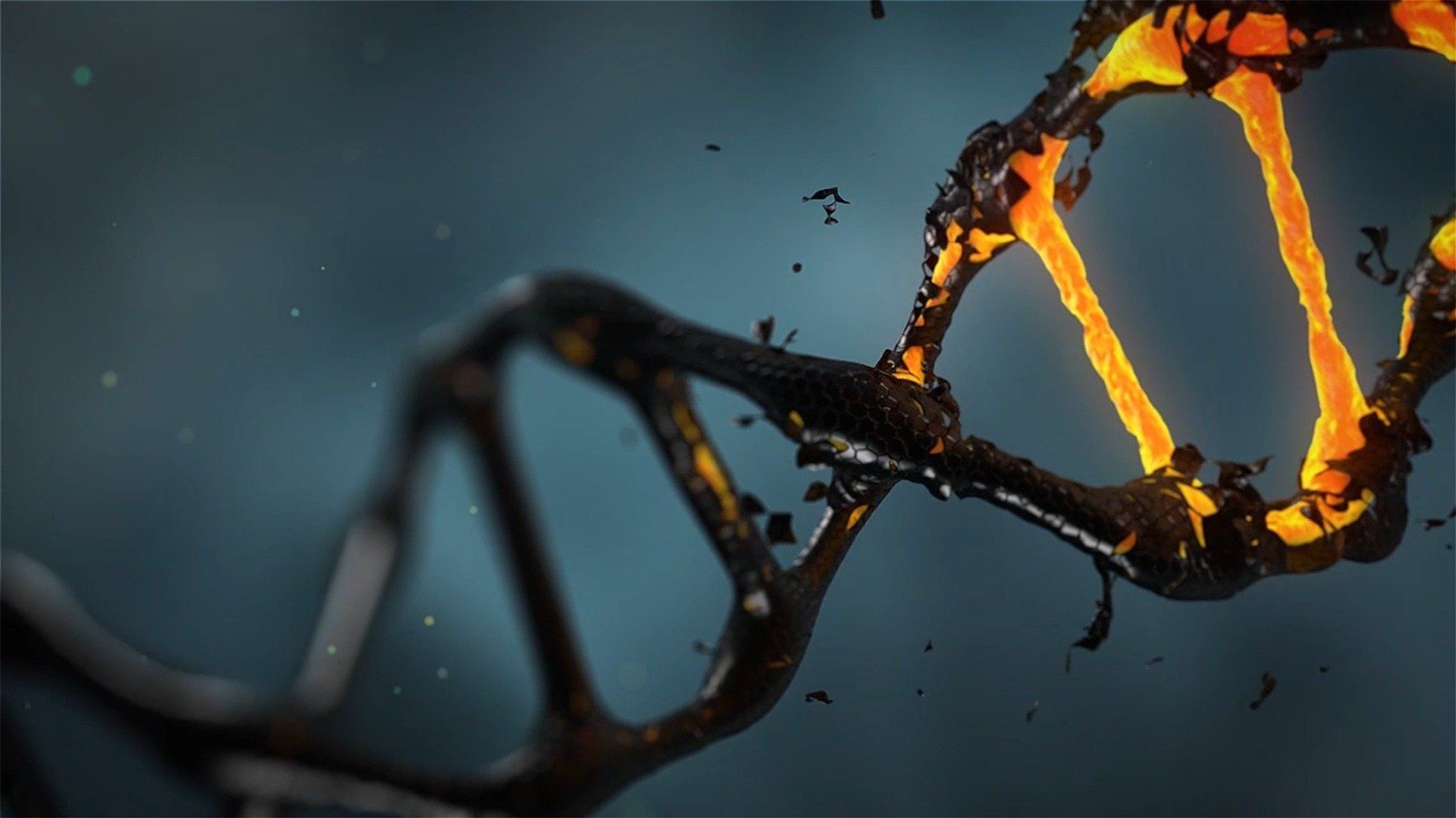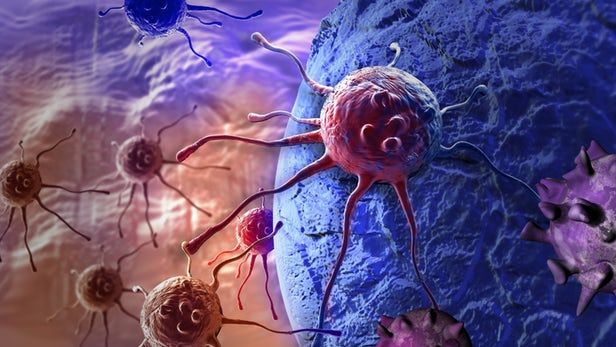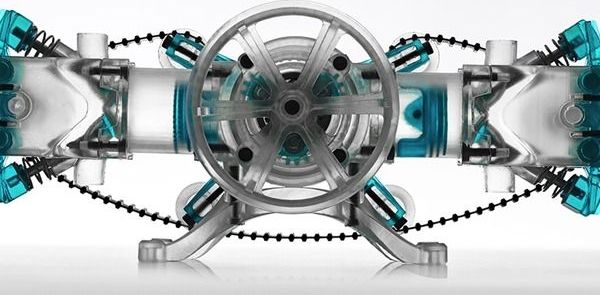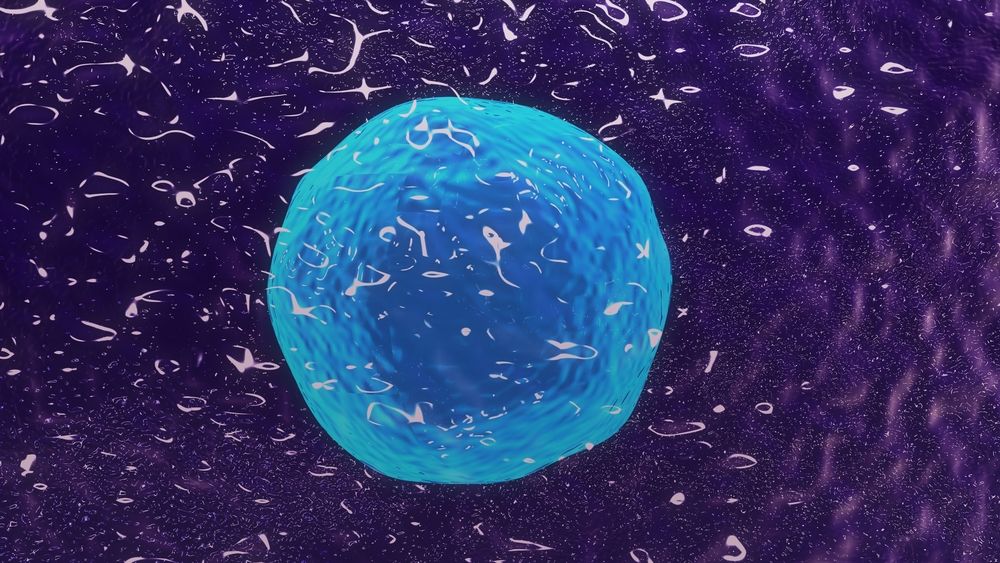Page 9578
Dec 18, 2018
Scientists develop method to visualize a genetic mutation
Posted by Xavier Rosseel in categories: biotech/medical, evolution, genetics
A team of scientists has developed a method that yields, for the first time, visualization of a gene amplifications and deletions known as copy number variants in single cells.
Significantly, the breakthrough, reported in the journal PLoS Biology, allows early detection of rare genetic events providing high resolution analysis of the tempo of evolution. The method may provide a new way of studying mutations in pathogens and human cancers.
“Evolution and disease are driven by mutational events in DNA,” explains David Gresham, an associate professor in New York University’s Department of Biology and the study’s senior author. “However, in populations of cells these events currently cannot be identified until many cells contain the same mutation. Our method detects these rare events right after they have happened, allowing us to follow their trajectory as the population evolves.”
Continue reading “Scientists develop method to visualize a genetic mutation” »
Dec 18, 2018
Perfect cervical cancer screening results hint at the shadowy role of epigenetics
Posted by Genevieve Klien in categories: biotech/medical, genetics
Cervical cancer is the fourth most common cancer for women yet the leading cause of cancer-related death in developing countries, an unfortunate statistic that highlights the importance of access to screening. Through a comprehensive trial involving thousands of subjects, a newly designed test has been found to greatly outperform current screening methods in terms of both cost and accuracy, while also shedding new light on the mechanics at play.
Dec 18, 2018
World Population Might Go to 40 Billion by 2150 But We Can Already Feed All Those People
Posted by Montie Adkins in category: futurism
Well that’s good news.
I see several parts to the problem where many people believe the doomer overpopulation myths.
The fear story resonates with deep caveman fears of starvation. Any individual person can experience hunger. This reinforces and validates the fear of potential starvation.
Dec 18, 2018
Understanding 3D Printing Tolerances for Engineering Fits
Posted by Genevieve Klien in categories: 3D printing, engineering
In Tutorials
Tolerance and fit are essential concepts for any engineer designing mechanical assemblies.
Accounting for tolerances ultimately optimizes both the prototyping and production processes, reducing the material cost of iteration, lowering post-processing time, and mitigating the risk of accidentally broken parts.
Dec 18, 2018
The technology that could end traffic jams
Posted by Genevieve Klien in category: transportation
With the number of cars clogging roads around the world expected to double in the coming decades, new ways of responding to crashes, controlling traffic lights and creating diversions will be needed to keep traffic moving.
Dec 18, 2018
Journal Club December 2018 — Fisetin is a senotherapeutic that extends health and lifespan
Posted by Steve Hill in categories: futurism, life extension
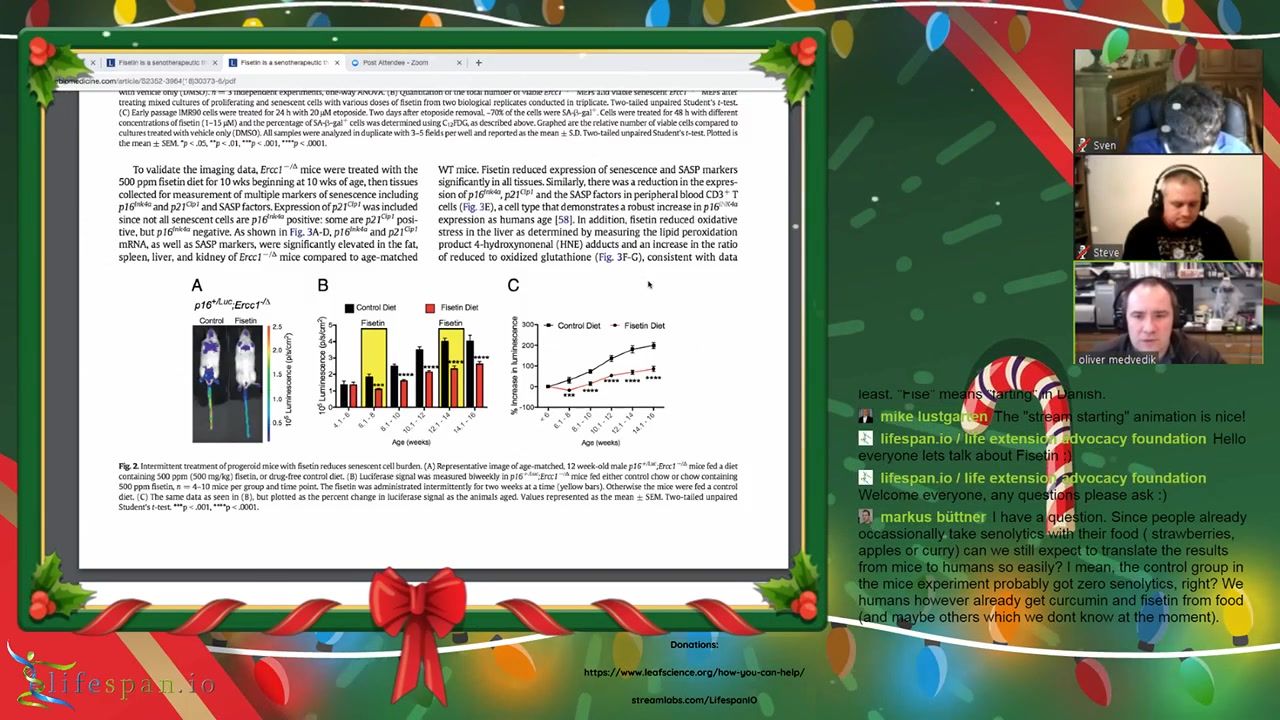
The topic for the December Journal Club will be the recently published paper – Fisetin is a senotherapeutic that extends health and lifespan. This commonly available supplement and a plant-based polyphenol appears to influence the aging process in mice by clearing senescent cells, one of the suggested reasons we age.
If you like watching these streams and/or would like to participate in future streams, please consider supporting us by becoming a Lifespan Hero: https://www.lifespan.io/hero
Paper: https://www.ncbi.nlm.nih.gov/pmc/articles/PMC6197652/
Dec 18, 2018
Matter Sucked in by Black Holes May Travel into the Future, Get Spit Back Out
Posted by Xavier Rosseel in categories: cosmology, sustainability
Now that’s what I call a proper recycling facility… 😁🙈 The recycled universe ha 🤓 #recyclingholes
A new theory tries to explain the mysterious phenomena that exists at the center of black holes.
Dec 18, 2018
One-carbon Metabolic Pathway Implicated In Age-Related Immunosenescence
Posted by Nicola Bagalà in category: life extension
A recent study by Harvard Medical School scientists suggests that defective one-carbon metabolism and cellular respiration might contribute to age-related immunosenescence, the decline of immune function typically observed during aging [1].
Abstract
Dec 18, 2018
The US Military Is Genetically Modifying Microbes to Detect Enemy Ships
Posted by Xavier Rosseel in categories: bioengineering, biological, genetics, military
🤔🧐🤷♂️🤦♂️
The effort is part of a $45 million program across all the branches of the armed forces to figure out military applications for genetic engineering.
